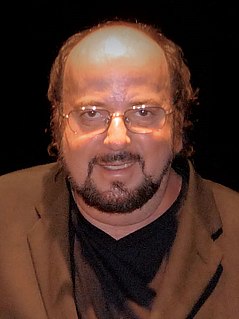A Quote by James Toback
In a way, I think that the movie Fight Club [1999] did a weird, negative thing to boxing, culturally. I mean, it is sort of similar to what has happened to the novel. For however many good novels are written, the novel itself has completely lost its place.
Related Quotes
Something happens between a novel and its reader which is similar to the process of developing photographs, the way they did it before the digital age. The photograph, as it was printed in the darkroom, became visible bit by bit. As you read your way through a novel, the same chemical process takes place.
A good novel is one that shows the complexity of individuals, and creates enough space for all these characters to have a voice; in this way a novel is called democratic - not that it advocates democracy but that by nature it is so. Empathy lies at the heart of Gatsby, like so many other great novels - the biggest sin is to be blind to others' problems and pains. Not seeing them means denying their existence.
The difference does not lie in the things that news does that novels do not do, but in the things that novels do that news cannot do. In other words, this basic technique of news - just one among many - is something a novel can use, but a novel can deploy a multitude of other techniques also. Novels are not bound by the rules of reportage. Far from it. They're predicated on delivering experience.






































